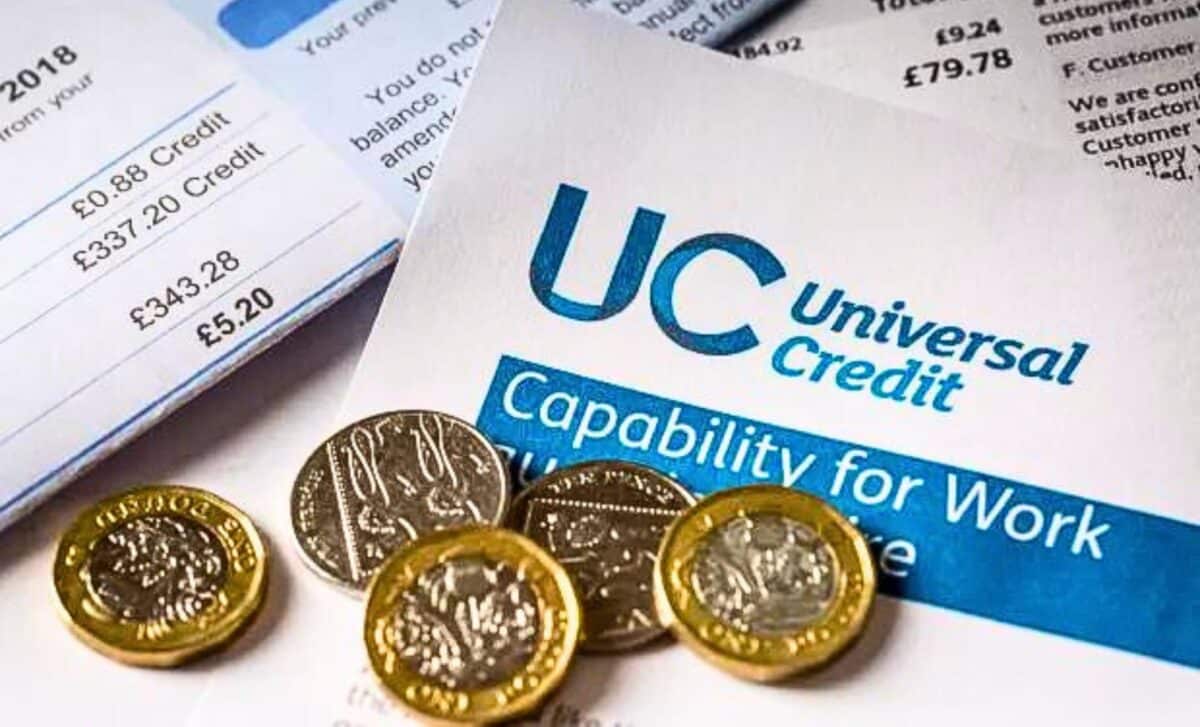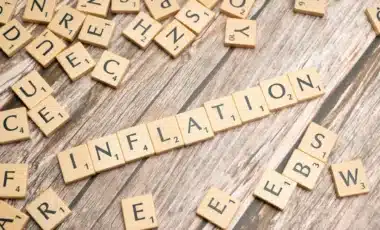According to new guidelines released by the Department for Work and Pensions (DWP), Universal Credit claimants may experience a 20% reduction in their benefits. Third-party deductions, which automatically reallocate a portion of welfare payments to pay off unpaid debts like child maintenance, utility bills, and rent arrears, are connected to the cutbacks. The program’s impact on those who are financially weak has sparked serious concerns, despite its stated goal of managing debts in an organised way.
Many families are having difficulty making ends meet during a time when living expenses are on the rise. Small deductions might upset already precarious finances for people who depend on Universal Credit. The system’s rigidity has been criticised by advocacy organisations and claimants, who have called for changes to make sure that financial recovery initiatives don’t hurt people who are already struggling financially.
Third-Party Deductions: How They Operate
Third-party deductions are automatically taken from Universal Credit payments to settle outstanding debts. These debts may include rent arrears, unpaid energy bills, or overdue child maintenance. Typically, the deductions are fixed at 5% of the standard allowance for each debt owed. However, in the case of housing-related costs, they can increase to as much as 20%.
Up to three separate deductions can be made in a single payment cycle, with higher-priority debts like rent or utility bills being addressed first. This system, according to official guidance, aims to help claimants manage their financial obligations while ensuring that creditors receive owed payments.
Critics, however, argue that the approach often leaves individuals with too little to cover essential living costs, further exacerbating financial difficulties.
Concerns Over Financial Strain on Claimants
Both claimants and advocacy groups have criticised the deductions. The lower payments may make it more difficult for people who are already having trouble paying for essentials like food, heating, and transportation.
There has been much criticism of the deduction process’s rigidity. Many contend that the strict framework of the system frequently ignores the particular circumstances of claimants. Opponents point out that automated deductions for rent arrears, which can range from 5% to 20%, can make it difficult for people to pay for necessities. Implementing repayment plans that are more in line with claimants’ financial circumstances is one way to make improvements and make sure that debt recovery doesn’t come at the expense of necessary living expenses.
The DWP has highlighted that the system follows a set priority order to ensure fairness in debt repayment. However, the lack of claimant consent in these deductions remains a contentious issue. Many argue that the process could benefit from increased transparency and a more claimant-centric approach to repayment agreements.









